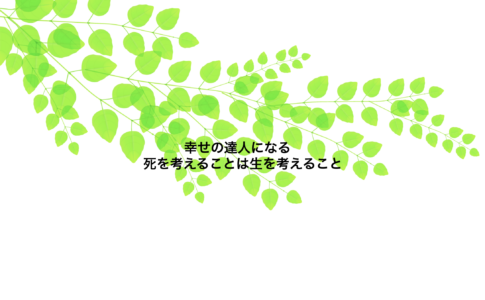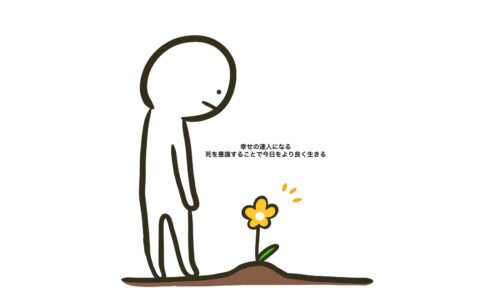どんな時でもご機嫌でいること。
言うのは簡単ですが、行うのは簡単ではありません。
一説によると、私たち人間は、毎日1.2万回から6万回の思考を行なっていて、そのうちの8割はネガティブな思考なのだそうです。
多い時は、およそ4.5万回もネガティブな思考をている計算となりますが俄には信じ難い数字ですね。睡眠時間が8時間だとして、起きている時間が16時間で計算すると、毎分47回もネガティブなことを考えていることになりますので。
頭は放っておくと、自然とネガティブなことを考えてしまう性質を持ってしまいますが、不安、心配、怒り、イラつき、不条理、妬み、やっかみ、自虐など、ネガティブワードを考えるといくつでも出てきそうです。
それでは、どうしたら、できるだけネガティブなことを考えずに、どんな時でもご機嫌でいられるでしょうか。
私自身効果があると感じているのは、毎朝起きてすぐにシャワーを浴びている時に、今日も1日いいことしか起こらないと暗示をかけることです。始め良ければ終わり良しのマインドを持つことですね。
他にも、自分でコントロールできることだけを考えるようにして、コントロールできないことは考えないようにする。特に他人を判断したり、見返りなどの期待をすることを止めると人間関係でネガティブな感情を持つことが減ります。
それと、このブログでも一度紹介したことのある、世界一幸福な僧侶として知られる、マチウ・リカールさんの幸福の実践がためになります。
内容は、こちらの以前書いたブログ記事を見ていただきたいのですが、彼が説いているのは、仏教の教えである、利他の精神と思いやりをイメージにより強くしていくことで肯定的な感情が定着しやすくなるということです。
ポイントは、頭であれこれと考えるのではなくイメージすること。例えば、愛している人がひどい境遇にいる場面を想像すること。そして、そこから、愛する人を慈しむ感情が生まれてくることが大切なのだそうです。
今日も1日できるだけご機嫌に過ごしていきたいと思います。
(English)
Be in a good mood at all times.
Easy to say, but not easy to do.
According to one theory, we humans think between 12,000 and 60,000 thoughts every day, 80% of which are negative.
This is a hard number to believe. If we assume that we sleep for 8 hours and are awake for 16 hours, that means that we are thinking negative thoughts 47 times per minute.
The head has a natural tendency to think negative thoughts when left alone, but if you think of negative words such as anxiety, worry, anger, irritation, absurdity, envy, jealousy, self-sabotage, and any number of other negative words, you are likely to come up with a negative thought.
So how can we keep ourselves in a good mood at all times, with as few negative thoughts as possible?
What I have found to be effective is that every morning as soon as I wake up and take a shower, I suggest to myself that only good things will happen today. It’s all about having a good beginning and good ending mindset.
Other than that, try to think only about what you can control and not about what you can’t control. Especially if you stop judging others and expecting things in return, you will have less negative feelings in your relationships.
Also, the happiness practice by Matthieu Ricard, known as the happiest monk in the world, which I have mentioned once on this blog, is instructive.
He explains that by strengthening the Buddhist teachings of altruism and compassion through imagery, it is easier for positive feelings to take root.
The point is not to think about this or that in your mind, but to imagine it. For example, imagine a situation in which a loved one is in a terrible situation. And from there, it is important to develop feelings of compassion for the loved one.
I would like to spend another day in as good a mood as possible.
Translated with www.DeepL.com/Translator (free version)
















どんな時でもご機嫌でいること。実践するのは簡単ではありませんが、仏教の教えでもある、”利他の精神と思いやり”を育むことで、自分の心も満たされてきます。この世に生かされていることに感謝して、今日も誰かを思いやれるように過ごしていきたいですね。